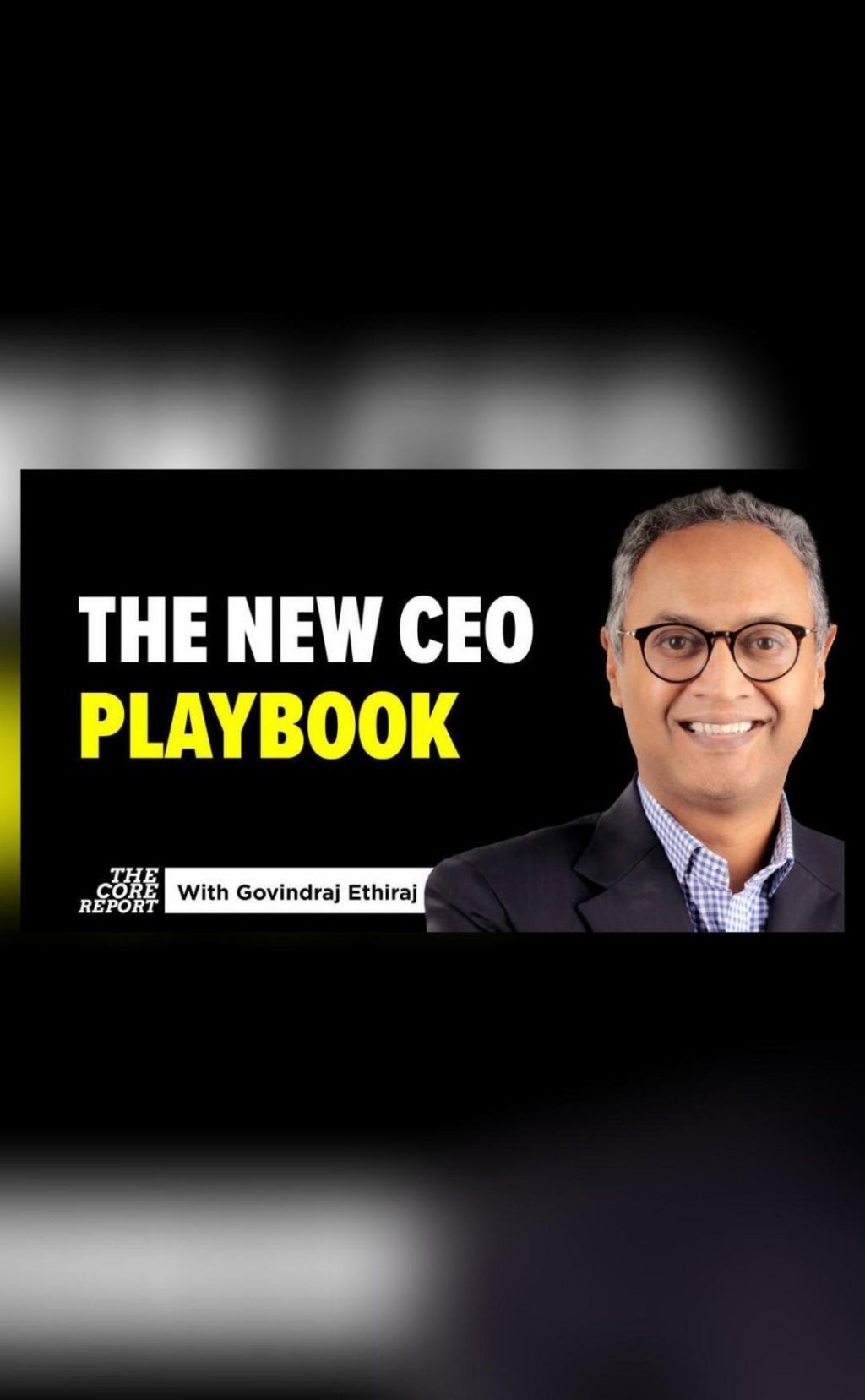
The New CEO Playbook: AI Pressures & Global Tariff Shocks
The role of a CEO has never been more challenging than it is today. With the rapid advancement of artificial intelligence (AI) and the unpredictable nature of global trade policies, business leaders are facing unprecedented pressures to adapt and innovate. As industries are reshaped by AI and trade policies are disrupted by tariffs, CEOs must rethink their strategy and operations to remain competitive and sustainable.
In this blog post, we’ll explore the key challenges facing CEOs in today’s rapidly changing business landscape and provide insights on how to navigate these pressures and stay ahead of the curve.
The AI Revolution
AI is transforming industries at an unprecedented rate, from customer service to manufacturing and logistics. While AI has the potential to increase efficiency, reduce costs, and improve customer experiences, it also poses significant challenges for CEOs. The need to automate and innovate has become a top priority, as companies struggle to keep up with the pace of technological change.
For example, in the retail industry, AI-powered chatbots are revolutionizing customer service, allowing consumers to interact with companies in new and innovative ways. However, this also means that companies must invest in AI-powered solutions to remain competitive and provide a seamless customer experience.
Tariff Shocks and Trade Policy Uncertainty
In addition to the pressures of AI, CEOs are also grappling with the uncertainty of global trade policies. The ongoing trade wars between the US and China, as well as the UK’s departure from the EU, have created a climate of uncertainty and instability. Tariffs have been imposed on goods and services, disrupting global supply chains and forcing companies to adapt to new trade realities.
For companies that rely on international trade, the impact of tariffs can be devastating. Companies may need to rethink their global supply chain strategy, find new suppliers, and adapt to changing trade regulations. For example, companies that rely on Chinese imports may need to find alternative suppliers in countries like Vietnam or Mexico.
The Need for Localization
In response to these pressures, companies are being forced to localize their operations and adapt to new trade realities. This means investing in local suppliers, developing new products and services tailored to local markets, and building stronger relationships with local customers.
For example, companies like Nike and Coca-Cola are investing heavily in local manufacturing and distribution networks to avoid the impacts of tariffs and trade disruptions. By localizing their operations, these companies can reduce their reliance on international trade and better adapt to changing market conditions.
Reimagining Business Models
The pressures of AI and tariff shocks are forcing companies to rethink their business models and operations. This means identifying new opportunities, developing new products and services, and creating new value propositions for customers.
For example, companies like Airbnb and Uber are reimagining the way we travel and get around. By leveraging AI and data analytics, these companies are able to provide customers with personalized experiences and adapt to changing market conditions.
The Role of the CEO
In today’s rapidly changing business landscape, the role of the CEO has never been more critical. CEOs must be able to navigate the challenges of AI and tariff shocks, while also driving innovation and growth.
To succeed, CEOs must be able to:
- Develop a deep understanding of AI and its implications for the business
- Identify new opportunities and develop new products and services
- Build strong relationships with customers and suppliers
- Adapt to changing market conditions and trade policies
- Lead by example and inspire a culture of innovation and adaptability
Conclusion
The pressures of AI and tariff shocks are forcing CEOs to rethink their strategy and operations. By localizing their operations, adapting to new trade realities, and reimagining their business models, companies can stay ahead of the curve and thrive in a rapidly changing business landscape.
As the CEO of a global company, it’s essential to be aware of the latest developments and trends in AI and trade policy. By staying informed and adapting to change, CEOs can lead their companies to success and achieve long-term sustainability.
Watch the video for more insights:






